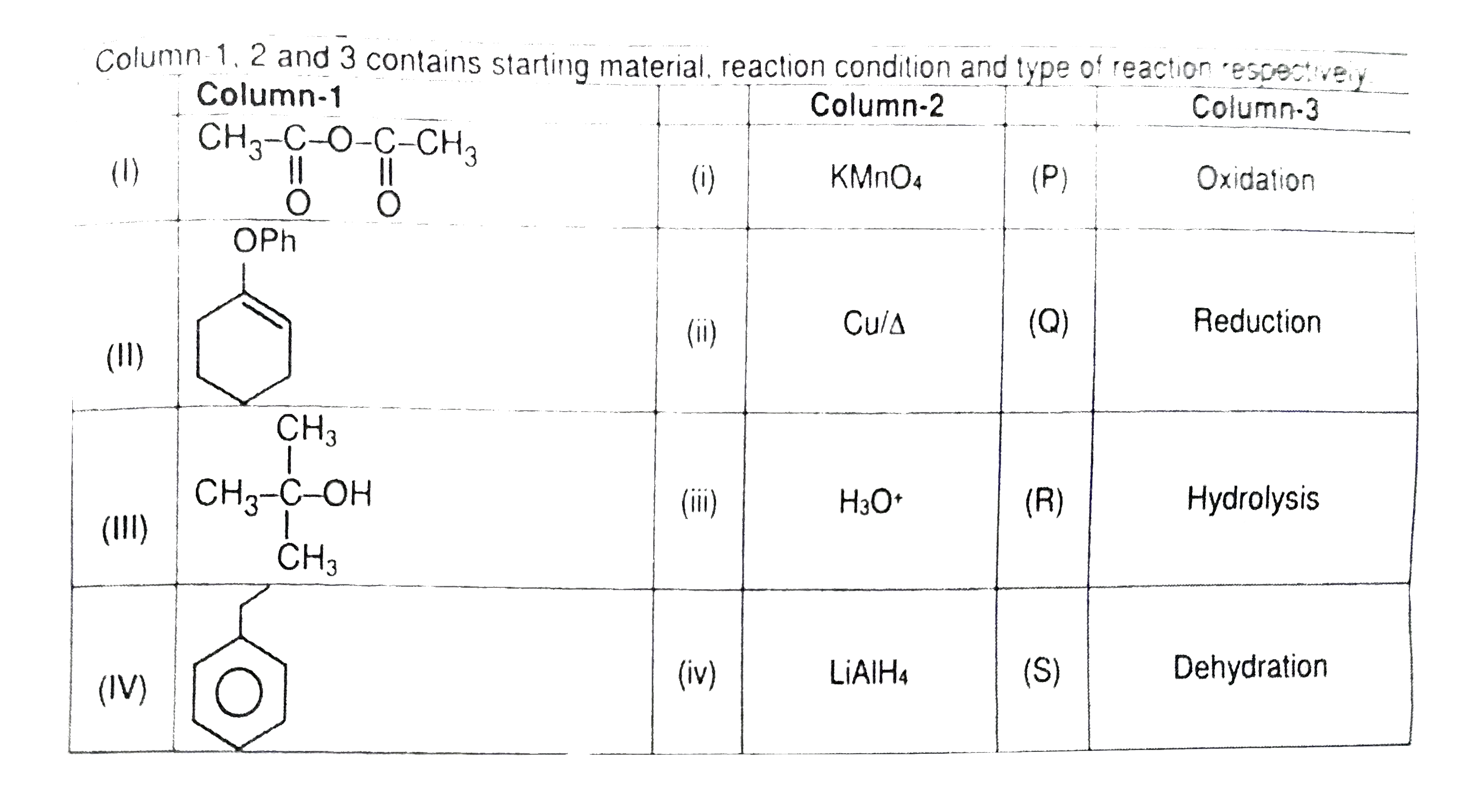Which one of the following combinations of radioactive decay results in the formation of an isotope of original nucleus ?
A
One alpha, four beta
B
One alpha, two beta
C
One alpha, one beta
D
Four alpha, one beta
Text Solution
The correct Answer is:B
|
Updated on:21/07/2023
Topper's Solved these Questions
- BOOK - NCERT FINGERTIPSCHAPTER - PRACTICE PAPPEREXERCISE - Practice Paper 250videos
PRACTICE PAPPER
- BOOK - NCERT FINGERTIPSCHAPTER - PRACTICE PAPPEREXERCISE - Practice Paper 350videos
PRACTICE PAPPER
- BOOK - NCERT FINGERTIPSCHAPTER - NUCLEIEXERCISE - Assertion And Reason15videos
NUCLEI
- BOOK - NCERT FINGERTIPSCHAPTER - RAY OPTICS AND OPTICAL INSTRUMENTSEXERCISE - Assertion And Reason15videos
RAY OPTICS AND OPTICAL INSTRUMENTS
Similar Questions
Knowledge Check
- Question 1 - Select One
Which one of the following combinations of radioactive decay results in the formation of an isotope of the original nucleus?
AOne alpha and four betaBOne alpha and two betaCOne alpha and one betaDTwo alpha and one beta - Question 2 - Select One
Which one of the following is not a mode of radioactive decay?
AElectron emissionBAlpha decayCFusionDGamma emission - Question 3 - Select One
Which of the following combination of sides results in the formation of obtuse angled triangle?
A6, 7, 13B5, 6, 8C4, 5, 6,DNone of these
Which of the following combination of sides results in the formation of obtuse angled triangle?
View SolutionWhich of the following isotopes of hydrogen is radioactive?
View SolutionWhich of the following isotope of hydrogen is radioactive ?
View Solution
Which of the combination of reaction result in formation of an alkene.View SolutionWhich of the following isotopes will shows radioactive disintegration?
View Solution

